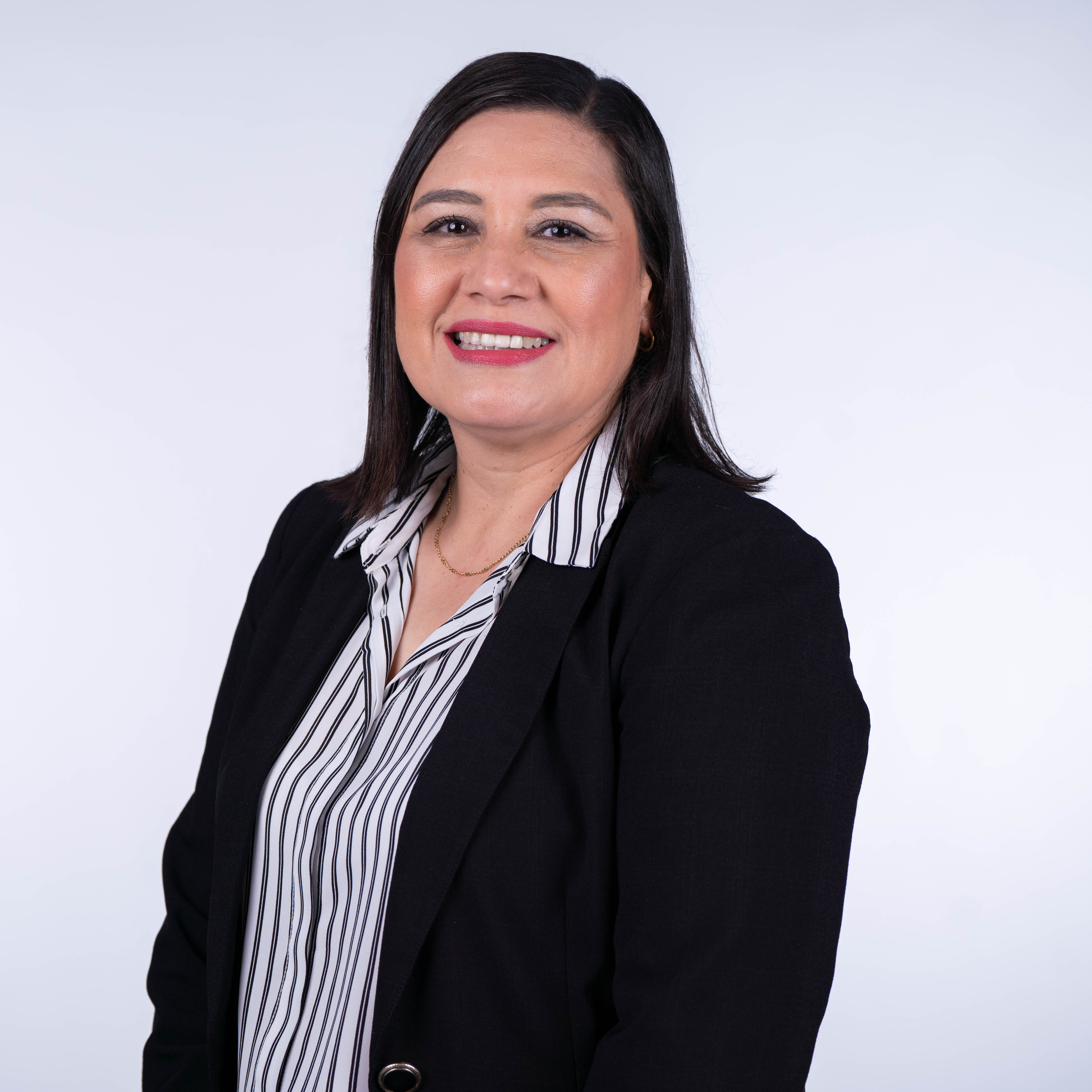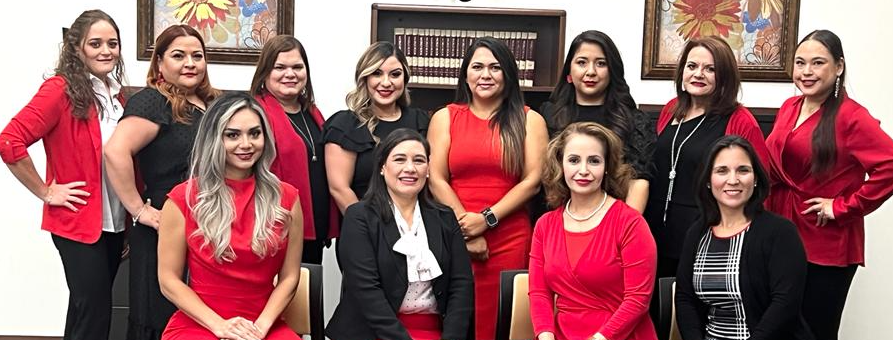Executive Director of Bilingual and Migrant Education
Cynthia Vásquez
Bilingual/ESL Supervisor
Marcelina Garza
Bilingual/ESL Supervisor
201 E. Expressway 83
La Joya, Texas 78560
Phone
956.323.2170

Executive Director of Bilingual and Migrant Education
Cynthia Vásquez
Bilingual/ESL Supervisor
Marcelina Garza
Bilingual/ESL Supervisor
201 E. Expressway 83
La Joya, Texas 78560
Phone
956.323.2170

La Joya ISD Unveils Innovative Two-Way Dual Language Program
La Joya, TX - La Joya ISD’s new two-way dual language program, beginning in PreK for 2024-25, offers native Spanish and native English speakers the strongest academic opportunity. By participating in this program, students will become biliterate in both English and Spanish. The program is based on decades of research that shows students in two-way programs have the highest academic achievement while becoming fully bilingual and biliterate.
La Joya ISD Presenta un Innovador Programa Bilingüe de Doble Vía
La Joya, TX - El nuevo programa bilingüe de doble vía de La Joya ISD, que comenzará en PreK para el año escolar 2024-25, ofrece a hablantes nativos de español e inglés la mejor oportunidad académica. Al participar en este programa, los estudiantes se convertirán en bilingües y alfabetizados en inglés y español. El programa se basa en décadas de investigación que demuestran que los estudiantes en programas de doble vía alcanzan el más alto rendimiento académico mientras se vuelven completamente bilingües y alfabetizados en dos idiomas.
The goal of bilingual education programs shall be to enable English learners to become competent in listening, speaking, reading, and writing in the English language through the development of literacy and academic skills in the primary language and English. Such programs shall emphasize the mastery of
English language skills, as well as mathematics, science, and social studies, as integral parts of the academic goals for all students to enable English learners to participate equitably in school.
The goal of ESL programs shall be to enable English learners to become competent in listening, speaking, reading, and writing in the English language through the integrated use of second language acquisition methods. The ESL program shall emphasize the mastery of English language skills, as well as mathematics, science, and social studies, as integral parts of the academic goals for all students to enable English learners to participate equitably in school.
Bilingual education and ESL programs shall be integral parts of the total school program. Such programs shall use instructional approaches designed to meet the specific language needs of English learners. The basic curriculum content of the programs shall be based on the Texas Essential Knowledge and Skills and the English language proficiency standards required by the state.
Migrant Department
The goal of the La Joya Independent School District is to improve the educational opportunities, academic success and equity of all migrant students through programs and services.
An eligible migrant student is one who has crossed school district lines during the past three years so that the student, a parent or other member of the immediate family may seek employment in agricultural or fishing related activities.
Identification and Recruitment
Students are eligible to participate in the district Migrant Education Program if they have moved within 36 months with their parents, a guardian, a spouse or on their own across school boundaries. The staff actively seeks to identify and recruit all eligible migratory students residing within the school district.
New Generation System (NGS)
NGS is a web-based interstate information network system that communicates demographic, educational, and health data of an identified migrant students to educators throughout the nation. This system facilitates students registering in schools in other parts of Texas and the nation as the families search for work in the agriculture and fishing activities.
Migrant Service Coordination
This area of focus is required at all grade levels and seeks to ensure that migrant students and their families have their needs for educational and support services met, and are able to access all services for which they are eligible from entry in the Migrant Education Program’s early childhood program for three-year-old through transition into postsecondary education or employment.
Parental Involvement
Extensive student research indicates that parental involvement leads to improve in student achievement. Parents are encourage to actively participate in their child’s education. Parent Advisory Councils empower parents to be advocates and to take advantage of all available resources of the education of their children. A local advisory committee is established for each regular school year on each campus for planning, implementation and evaluation of the local Migrant Education Program.
Secondary Credit Exchange and Accrual
Completed courses by migrant students in grade 6-12 are regularly submitted to the NGS. Efforts are made to track partial credits earned by students for work completed during the enrollment period in each school. As students move from school to school, documentation of courses taken and the recommended courses become significant in their educational development.
Graduation Enhancement
Migrant staff work to identify effective strategies to assist students in meeting high school graduation requirements. Strategies include monitoring students’ academic progress, tutorial services, TAKS performance improvement, correspondence courses through the University of Texas at Austin, credit by exam programs, the development of college entrance exam programs, admissions counseling, referrals to the College Assistance Migrant Programs throughout the nation which ensure that all migrant students are processed for postsecondary opportunities.
Early Childhood Education
The Migrant Education Program provides a Home-based Early Childhood program for three- and four-year-olds migrant children who are being served by other community agencies such as Head Start. The program is designed to involve migrant parents in the education process at home to promote positive interactions between parent and child.